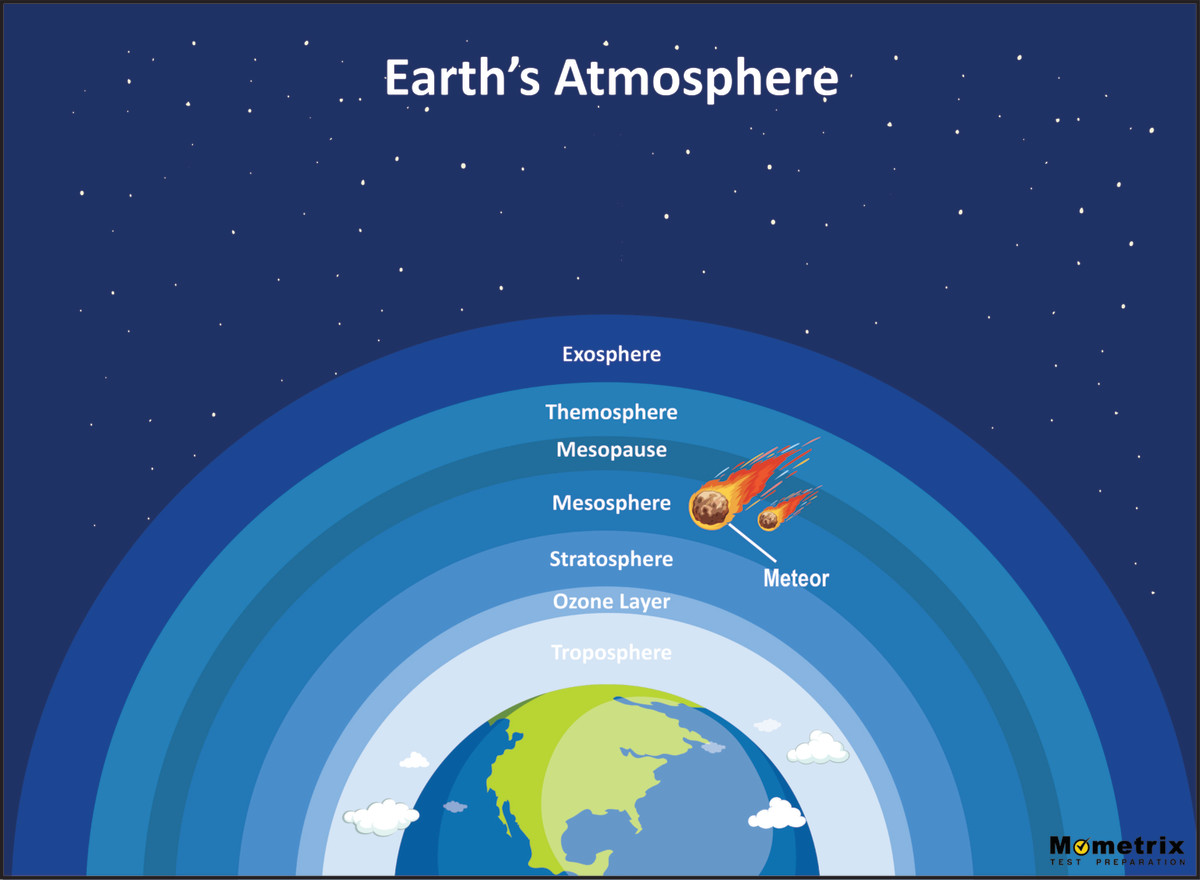Let's Abolish High Schools
This is the title of the article published by Robert Epstein in Education Week datelined April 4, 2007 to which a student Robert Zahari says, “Epstein for some reason seems to be nostalgic for the “good old days” of child labor when children worked 12-hour days under exploitative and dangerous conditions in impersonal factories, and seems to think that the protections we have now are unnecessary and counterproductive”. In my opinion Robert Zahari does not make a fair criticism of Epstein’s article. There may be merits and demerits in Epstein’s article that should have been evaluated and analyzed, but Zahari passes a hasty opinion on the article. On the contrary a fair reading of Epstein’s article shows that the author has no where favored child labor of the kind Zahari points out. On the contrary the overall thesis of Epstein’s article seems to be that age is no barrier to intellectual and emotional achievement. In other words, an adolescent of 15 could be as or more emotionally and intellectually advanced than an adult of 25 or 35 or more.
I agree with Epstein (2007) that age is an artificial barrier to making decisions like voting, or even doing works that adults do. He further argues, “After all, past puberty, technically speaking we’re not really children anymore, and presumably through most of human history we bore our young when we were quite young ourselves. It occurred to me that young people must be capable of functioning as competent adults, or the human race quite probably would not exist” (Epstein 2007). I agree that human beings are well developed past puberty at least physically. Also, there are prodigies that may have attained greater intellectual, emotional, and spiritual heights at quite a young age.
However, those are the exceptions. The fact is that we continue to grow mentally all our life. Therefore, child-adolescent-adult is a continuum rather than well defined stages and hence age is an artificial barrier distinguishing childhood from adulthood. Consequently, for a large majority of mankind there are things a 25 year old can learn but not an adolescent of 15 because exceptionally brilliant children are exceptional. We must also admit that “we bore our young when we were quite young ourselves” is/was true in an age when science and environmental factors did not enrich human lives. The average longevity used to be 25 to 30 years. Today the average life span in the developed world is close to or past 80. Further, society and life style are evolutionary in nature. Hundred or more years down the line, it wouldn’t be surprising that a child would not attain the age of majority till 35 pr 40 with 150 or 200 years of average life span.
Epstein favors abolition of High Schools because they were designed or created under conditions like industrial revolution, great depression, or for reasons like safeguarding the limited number of jobs for those that needed the most. I cannot agree more with the author. However, Epstein (2007) merely states the obvious. While agreeing that the school system today are superfluous, I still hold that every age since time immemorial had some formal arrangement for education. Even today we are experimenting with home schooling, distance learning, online learning and several other forms of education. If Epstein is arguing, which he does not of course, for abolition of education altogether, I cannot see any more ridiculous idea because every age has unique repertoire of literary, social, and scientific know how and skills that must be passed down from generation to generation for growth unless we wish to descend to the dark ages of savagery.
The focus of Epstein’s essay is that adolescents are as capable or more capable than adults in several respects: “The research I conducted with my colleague Diane Dumas suggests that teenagers are as competent as adults across a wide range of adult abilities, and other research has long shown that they are actually superior to adults on tests of memory, intelligence, and perception” (Epstein 2007). Therefore, they should be given freedom to learn, to earn, and to do anything creative and worthwhile they need to do rather than chaining them down under hundreds of restrictions including compulsory education. I completely agree with the author here. However, Epstein does not provide us a concrete scheme of arrangement so that the young people can express themselves to the best of their talents. What would they do once they drop out of high schools? Should they be allowed to experiment with drugs, alcohol, and sex? Should they be allowed to remain delinquents or languish in institutions?
None the less, author identifies teenage turmoil in western culture and society. Therefore, the obvious solution that we have is to change the culture because there are hundreds of societies documented anthropologically that are free from teenage turmoil. I do not see merit in the logic because culture is a unilinear and irreversible growth not determined by an individual or even masses. Cultural growth is an outcome of several factors – known and unknown – that cannot be controlled. Several social scientists have evidenced that culture of a society progresses through stages from pre to post industrial stages.
I agree with the author that “Teenagers are inherently highly capable young adults; to undo the damage we have done; we need to establish competency-based systems that give these young people opportunities and incentives to join the adult world as rapidly as possible”. I agree that teenagers are highly competent. I also agree that we must have competency based systems. However, I can see that already taking place. Competent and meritorious students or teenagers are filtered quite early in life to take up sports or modeling, or television, or anything they excel at. However, a large majority still need technical or managerial or administrative or scientific and research skills that come with years of training.








